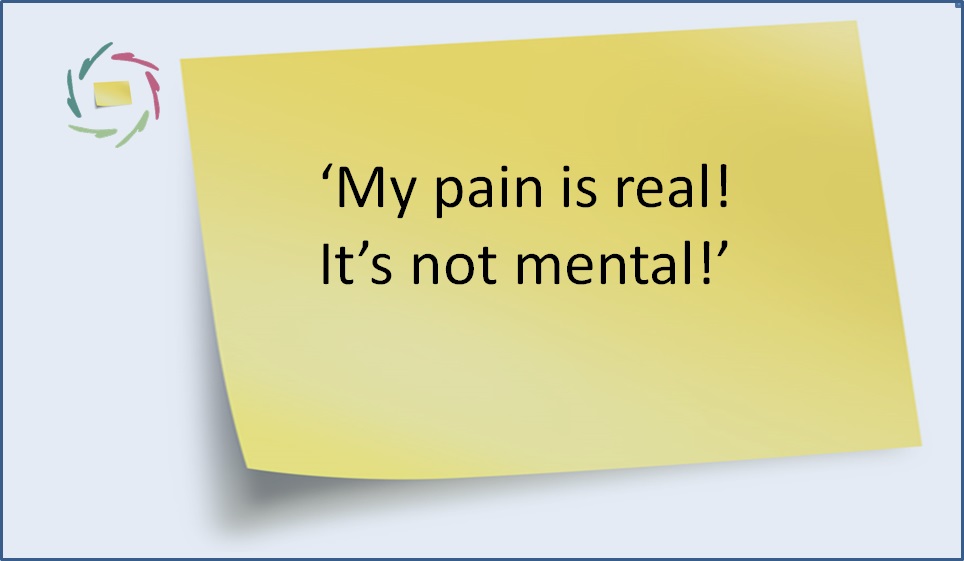Daytime Suggestion for Nighttime Sleep

Preparing for restful sleep doesn’t start just before bed — dimming the lights, avoiding screens, or drinking a cup of herbal tea. Truly restful sleep is shaped by how we treat ourselves throughout the day.
Excellent sleep hygiene begins long before bedtime when you align with your deeper needs and prepare yourself to rest naturally without forcing anything.
Your body and mind are like a living organism that thrives on balance and rhythm.
Sleep serves as a gentle glider that carries you from one day into the next, offering renewal and healing, but it cannot be rushed. You can’t simply make up for a hectic, stress-filled day by trying to flip a switch at bedtime.
Instead, you gently prepare your body and mind during the day so that, at night, your deeper self can take over in peaceful collaboration.
Sleep is not a quick fix for daytime stress
Many people see sleep as a remedy for the stress they’ve accumulated throughout the day. When you run at full speed, pushing yourself to meet demands or deadlines, it’s tempting to expect sleep to ‘fix’ everything. But sleep doesn’t work like a reset button; it’s part of a continuous flow between day and night.
Your body is an interconnected system. The tension you build during the day doesn’t disappear just because it’s time for bed. By attending to your needs throughout the day, you set the stage for a restful night. Sleep isn’t a last-minute solution but rather a natural continuation of how you’ve treated yourself during the day.
Attending to your true needs during the day
During the day, you might ask yourself: What do I really need, and what am I made to think I need? Many of the stresses we carry stem from external pressures or self-imposed expectations. When we chase after things that don’t fulfill our deeper selves, we create a disconnect that carries into the night.
By attending to your true needs – those that bring peace, balance, and fulfillment – you prepare your body and mind for nighttime rest. This doesn’t mean you need to be consciously busy with sleep hygiene all day. Rather, by taking small moments to recenter and unwind during the day, you naturally create a foundation for sleep to follow. It’s about cultivating balance and harmony within yourself.
Daytime relaxation as preparation for nighttime sleep
Sleep is a natural process that comes from within, not something you can force. Profound relaxation during the day is essential for good sleep hygiene. Your body needs moments to rest, just as much during the day as at night. These moments of rest can be small: a deep breath, a quiet walk, or a few minutes of stillness.
These aren’t rigid rituals but gentle suggestions to your body and mind that it’s okay to relax. When you regularly invite these moments into your day, your mind becomes more accustomed to unwinding. By the time you get to bed, your body is already prepared, ready to glide into sleep without resistance.
The danger of forced rituals
It’s tempting to rely on sleep rituals as a way to control the outcome of our sleep. But when you impose these rituals too rigidly, your deeper self can resist. Sleep is not something that can be demanded. The mind, especially the non-conscious part, does not respond well to pressure.
Instead of relying on forced rituals, consider more open, flexible practices. Just like food, sleep needs time and care to be nourishing. Inviting sleep, rather than chasing it, helps create an environment where your body naturally drifts into rest.
This also applies to an occasional power nap — it’s not about forcing a quick fix but about aligning with what your body truly needs. If you take naps, let them be part of your natural rhythm. Avoid treating them to ‘catch up’ on lost sleep. Instead, let your body guide you toward rest, trusting that the power comes from within.
The gentle collaboration between day and night
What you do during the day gently prepares your body and mind to collaborate during the night. At night, your deeper self takes over, allowing for healing and renewal and setting you up for the next day. It’s a cycle of mutual support: during the day, you offer yourself moments of rest and peace, and at night, your deeper mind continues this process in a more non-conscious way.
Sleep is not an isolated event. It’s part of a flow where daytime relaxation and nighttime sleep work hand in hand. By embracing this collaboration, you create a rhythm that supports your well-being on all levels.
Preparing today for tomorrow’s rest
By aligning with your true needs and offering yourself moments of relaxation, you create the perfect environment for your body and mind to naturally drift into sleep at night. Sleep becomes part of a gentle collaboration between your conscious and non-conscious mind, supporting you through the cycles of day and night.
This way, approaching sleep with Self-compassion, your body responds. By allowing sleep to come naturally, instead of trying to force it, you invite deep rest — both today and tomorrow.


